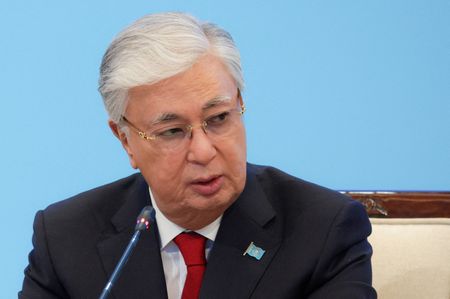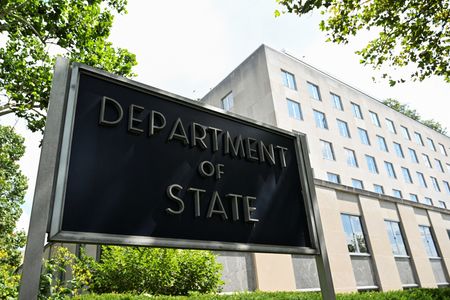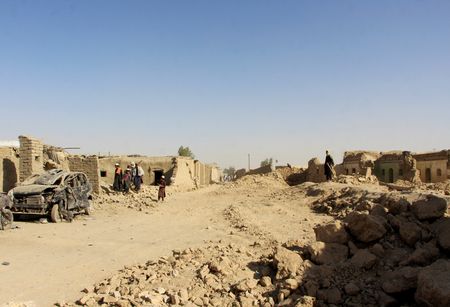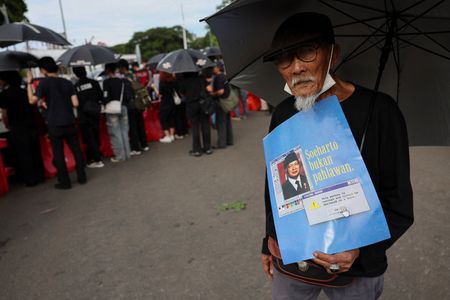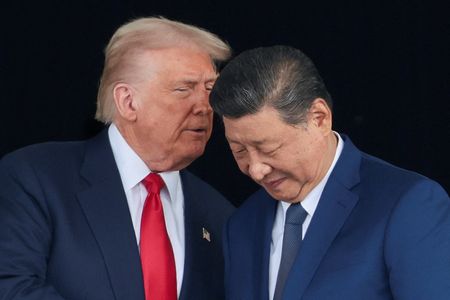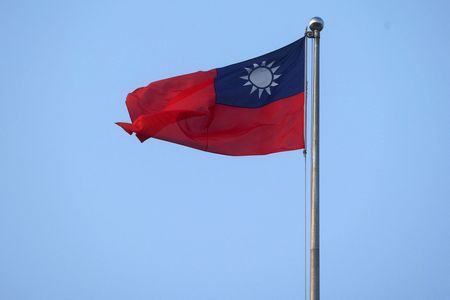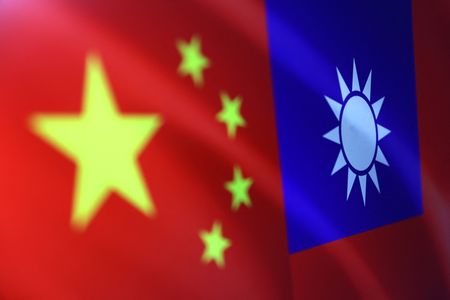By Matt Spetalnick, Simon Lewis and Steve Holland
WASHINGTON (Reuters) -Kazakhstan is expected to be announced on Thursday night as the latest country to join the Abraham Accords that have normalized relations between Israel and Muslim-majority nations, a senior U.S. official said.
Kazakhstan already has full diplomatic relations and economic ties with Israel, meaning the move would be largely symbolic.
Kazakhstan’s President Kassym-Jomart Tokayev is set to meet President Donald Trump alongside four other Central Asian leaders at the White House on Thursday as the U.S. seeks to gain influence in a region long dominated by Russia and increasingly courted by China.
WITKOFF RETURNING FOR ANNOUNCEMENT
U.S. special envoy Steve Witkoff said earlier at a business forum in Florida that he would be returning to Washington for the announcement, without naming the country.
Axios first reported that the country would be Kazakhstan.
A second source familiar with the matter said the U.S.’ hope is that Kazakhstan’s entry will help reinvigorate the Abraham Accords, the expansion of which has been on hold during the Gaza war.
Trump has repeatedly said he wants to expand the accords that he brokered during his first term in the White House.
The United Arab Emirates and Bahrain established ties with Israel in 2020 under the Trump-brokered Abraham Accords. Morocco established ties with Israel later the same year.
Trump has been upbeat about the prospects that regional heavyweight Saudi Arabia will finally join the accords since a ceasefire went into effect in Gaza last month, but Riyadh has shown no willingness to move ahead without at least a pathway to Palestinian statehood.
Saudi Arabia’s Crown Prince Mohammed bin Salman is expected to visit the White House on November 18.
Other Central Asian countries such as Azerbaijan and Uzbekistan, both of which have close ties with Israel, have also been seen as potentially joining the Abraham Accords, which is considered a signature foreign policy achievement of Trump’s first term.
(Reporting by Simon Lewis and Rami Ayyub, Editing by Franklin Paul and Rod Nickel)

